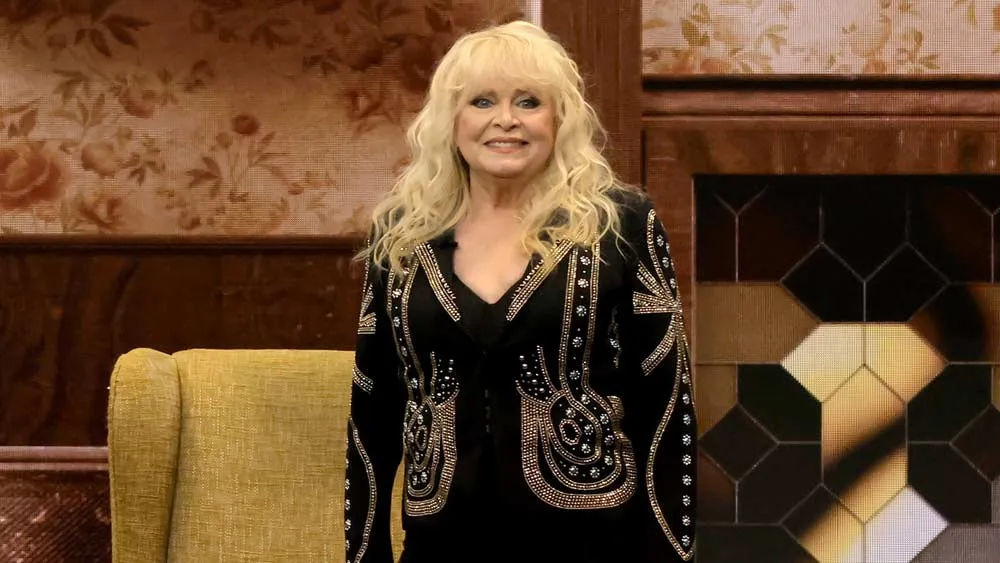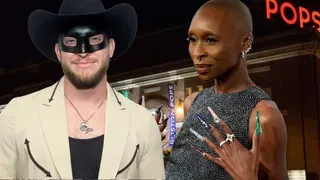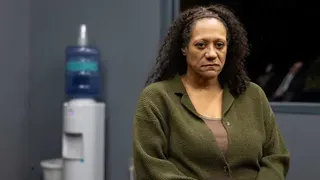December 17, 2024
40 Years (and Counting), the Trocks Continue to Delight
Nicholas Dussault READ TIME: 12 MIN.

EDGE: Where do you find your dancers? Or do they find you?
Tory Dobrin: Most dance companies announce auditions where a lot of people come. We don't do that. If we get an email from somebody, or if we need dancers and advertise in appropriate places, we invite them to come to rehearsals and take company classes. I ask them to stay for a few hours just to see how they are. I'm looking for three things: I'm looking for a good dancer, and you can tell if someone's a good dancer right away. I'm also looking for someone who has a sense of humor. You can tell just by talking to someone if they've got a little bit of a spark. Then I look to see if they're a team player. Are they dressed appropriately for a class? A ballet class has a protocol of manners about how to behave. It's very, very subtle, but it's very clear. If you're coming into a class, you kind of wait to see where the senior members are. They have their spot, and you work your way in. You don't just barge in and make your statement.
EDGE: How are you perceived by your contemporaries?
Tory Dobrin: Fifty years into it we're perceived very well. And we're perceived well because we get really good reviews and we've lasted a long time. We work a lot. We perform way more than most dance companies, so the dancing is really good, really good. There's nothing to be minimizing about. Now, in the early years when I joined, which was 1980, it was not well-respected at all by anyone in the in the dance world. It was disrespected, in fact. Being a company of all gay men during the AIDS crisis, we were affected by this a lot. There would often be benefits to raise money, and we would not be invited. I used to think, "What the hell." Everyone was suffering. I'm not minimizing anyone's suffering, but our numbers were greater, and it was really terrible for the organization, yet we weren't being invited to these benefits. That's all changed now, but in the late '80s and early '90s, it was a kind of disrespect.
EDGE: Wasn't it a very late-night, underground happening when it started?
Tory Dobrin: Yeah, the first performances were done in a loft on 14th Street near 10th Avenue. I think it's the Gucci store now. It was in a loft that was an offshoot of the Mattachine Society called the West Side Discussion Group. The Mattachine Society was one of the first gay and lesbian political organizations in America. It was founded in the 1950s. The shows were at midnight, and they were very, very successful, and, believe me, it wasn't the show we do today. Those guys probably wouldn't even be considered dancers today. They were more actors who moved and danced a little bit. But that's how the company got started.







